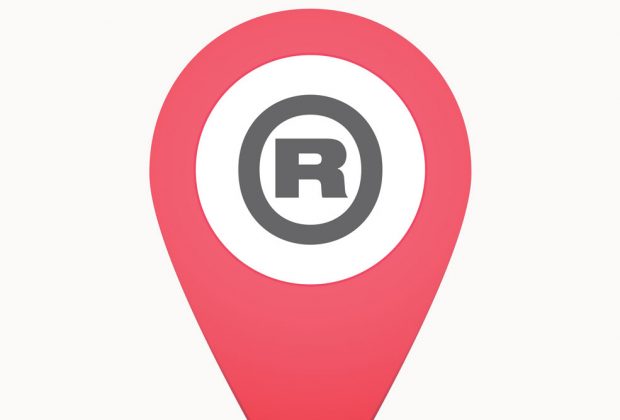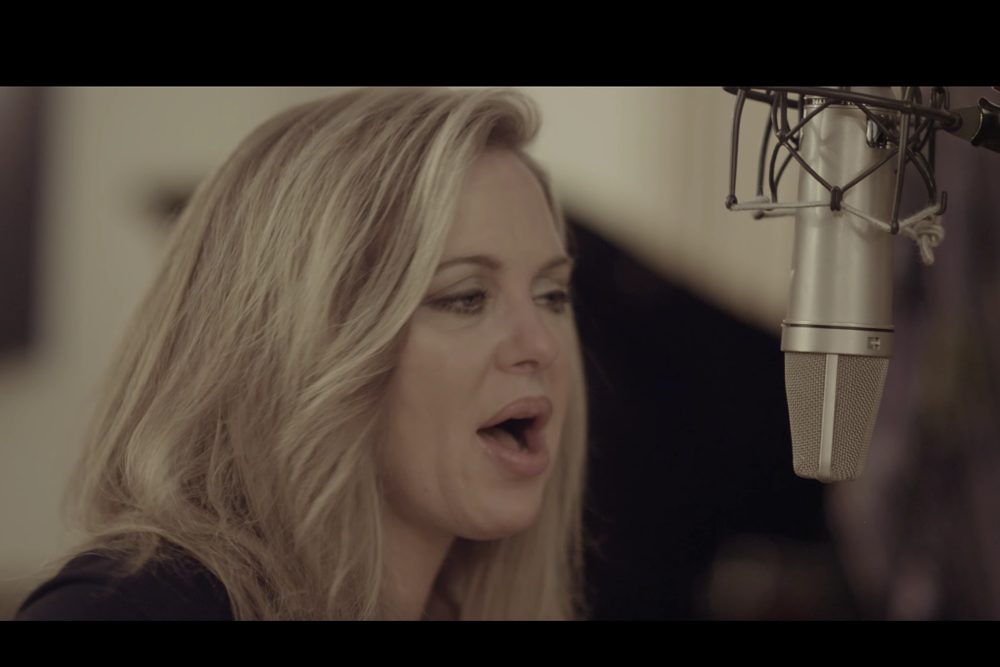How to Create and Protect a Trademark in Your Band Name
1. Decide what you want your band name to be and analyze how original it is. Preferably, you’ll do this before using the band name publicly. Research whether other bands or companies have used the same brand name, or even a brand name (i.e., “mark”) that is similar. If another band or company used a similar mark, it may have acquired the right to prevent you from using your desired band name. Consequently, your band name should be original. You can do limited research on this issue without a lawyer by searching the United States Patent and Trademark Office (“USPTO”) database, at: tinyurl.com/hr3ms7v and by using Internet search engines to identify potentially competing brands and bands. While do-it-yourself searches may quickly rule out using certain band names, a trademark attorney can do a thorough search that will provide you with far more certainty about whether you can use your preferred band name without potentially getting into a trademark dispute. If your band name is similar to another band or brand, the USPTO may reject your registration application, wasting money and time.
2. If you discover that there is a potentially competing brand or band name already in use, then you have two choices: You can either change your band name to something truly original, or if you have already invested substantial resources in establishing the band name, you can hire an attorney to help you figure out whether––and how––you can use your preferred band name anyway.
3. Decide who is going to own the band name, and document that decision in writing, signed and dated by all band members. This band agreement should articulate whether, when the band breaks up or one or more members depart the band, either:
A. A majority of the members of the band who are still performing or recording together can use the band name; or
B. None of the parties can use the band name if any of the parties leaves the band; or
C. Only one member of the band can use the name if the membership of the band changes. This scenario is most likely if the band’s name includes the first and/or last name of a featured performer.
Note that band agreements often contain other important elements, like ownership of songs and recordings, what happens with respect to band income and expenses, and how major business decisions will be decided.
4. If you’re already confident that your band name is not similar to an existing brand name, then start using it to identify your band in more than one state. In order to serve as a federal trademark, your band name must identify the source of goods or services for sale in “interstate commerce.” That means that if you’re gigging in only one state in the country, you need to get some paid gigs across state lines, and advertise those gigs under your band name. In the U.S., rights in trademarks are acquired by usage. This is different from how one acquires ownership in a copyright. With copyrights, creators have incentive to register their works with the U.S. Copyright Office before making the copyrighted works public. But the USPTO will not grant a registration in a trademark until that trademark has already been used in interstate commerce to identify your band.
5. Keep copies of advertisements, flyers and posters for live performances as evidence of your using your band name “in interstate commerce.” The USPTO will ask for such evidence if you file a registration application. While a band can apply for registration in more than one class of services or goods (e.g., live performances, recorded music and merchandise are three separate classes), most bands register their trademark for live performances first, since that’s arguably the most important category.
6. Once you’re using the band name, register multiple Internet domains associated with your band name. Doing so won’t secure trademark rights for your band, but locking down these domain names before applying for a USPTO registration is wise, because when you file a trademark registration application, it’s a matter of public record. Evil “cybersquatters” sometimes comb through such records and then register related domains in an attempt to extort payments out of unsuspecting trademark owners. A band that files a trademark registration application for its band name before registering related domains may soon find that the domains it wanted have been suddenly “taken” and is “available for sale” by the cybersquatter at exorbitant rates. It’s often much cheaper to secure all related Internet domains before filing a USPTO application. For historical background on cybersquatting related to famous bands, check out tinyurl.com/gwp3sla.
Read More: Do You Have a Band Partnership Agreement Yet?
7. Apply for registration of your band name as a trademark with the USPTO. If you have both a band name in words and a logo, and can’t afford to register both, then try to register the name and worry about the logo later. The claimant of the trademark may be a business entity that the band forms to provide the band’s services. Or, if your band has no LLC or corporation, then the claimants will be the names of the individuals who are in the band (and hopefully have a written band agreement). Trademark registration applications are more complicated than copyright registrations. Trademark applications have a higher success rate when filed by an attorney, but if you can’t afford attorneys’ fees, then it is better to try to file a trademark registration application on a DIY basis than foregoing the process altogether. You can review and start the USPTO’s online registration process at: tinyurl.com/hwfy2zz. Once you have filed a registration application, the USPTO will assign an “Examining Attorney” who will oversee your case. That Examining Attorney is usually available to take questions via phone calls and emails. On the other hand, if the Examining Attorney finds potential problems with your application and sends you an official “Office Action” requiring a response, then you may need to hire an attorney to help you draft and file a written response.
RACHEL STILWELL is owner of the Law Offices of Rachel Stilwell, a boutique entertainment firm representing creative people including recording artists, songwriters, producers, filmmakers and actors. She is an expert at complex legal and business issues relating to contracts, copyrights, trademarks, rights of publicity and bootlegging.
See rmslawoffices.com.













